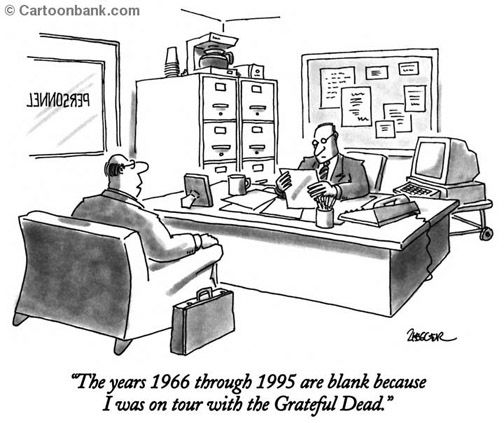Originally a little side-project for Atlassian’s FedEx Day, which is their version of the Hackathon, Hack Day, YouNameIt-Day, I bet this video on Atlassian’s Core Values becomes a perfect recruiting tool.
And boy, they have a bunch of openings… have they missed the end-of-the-world-fire-30% memo? 








Recent Comments